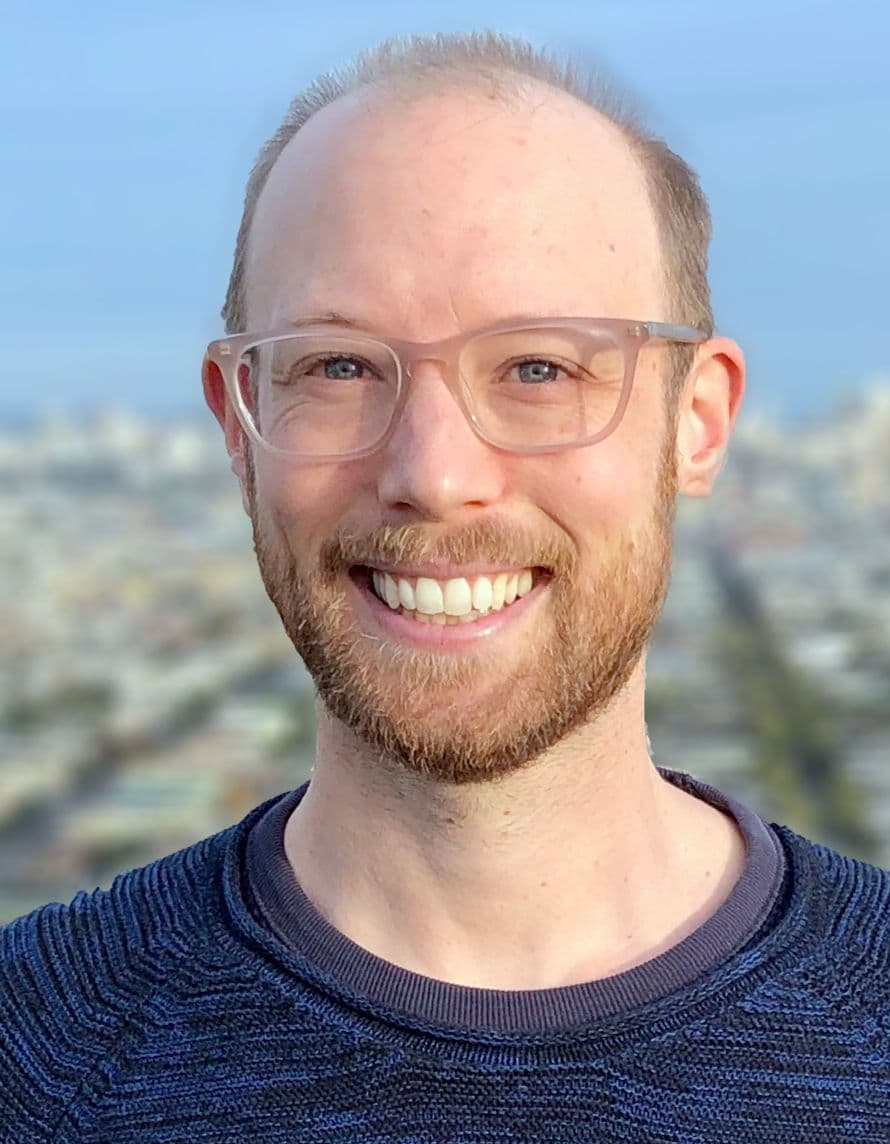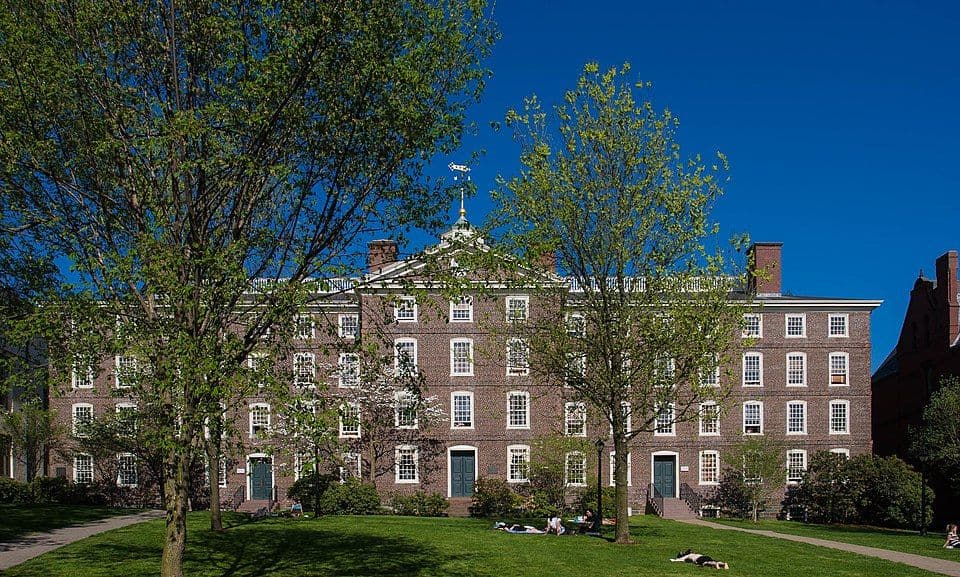
From First-Gen to M.D.: Harvard's Role in One Alum's Journey
Join Justin as he shares his interview with Harvard alum, Dr. Alan Epstein. Dr. Epstein talks about his journey from first-gen Brooklynite to Gastroenterologist and how Harvard shaped his path.

Many Ivy Tutors Network students are interested in - or fully committed to - an Ivy League education. To facilitate each student’s exploration of the right school fit, we’re doing a series of blogs looking at how to get into each of the eight schools, and pairing them with an interview from an alumnus of that school. This series will expand to include Top 25 schools and HBCUs. If what you’re hearing sparks interest, we encourage you to speak with your guidance counselor or one of our college admissions counselors to work on an admissions strategy.
Interview with Dr. Alan Epstein on His Time at Harvard
Justin Taylor: Thank you for taking this time to talk about your Harvard experience.
Alan Epstein: Sure. Just know I’m talking about Harvard from 1976 to 1980, so I’m a couple of generations out.
Justin: That’s great. We want a range of perspectives.
Alan: For context, I was a first-generation college student. My dad grew up in a Yiddish-speaking, Ellis Island, Brooklyn household, in poverty. I was a smart New York public school kid, went to a big high school with over 600 in my graduating class, took AP classes, and was “one of the smart kids.” But going to Harvard was a shock to the system.
I had never even been on the Harvard campus before I applied. I got a “possible” letter, not a “likely,” and I remember getting lost in a ritzy Westchester neighborhood going to my alumni interview. I expected to go to Cornell—I loved upstate New York and thought I’d end up there. But then I got into Harvard. I remember driving up with my parents, walking around Harvard Yard, the old brick, the ivy, and my parents saying, “We hope you go here.”
I wasn’t going to go to Princeton; it felt too preppy. Harvard felt a little more middle-class, but once I was there, I realized everyone was as smart as me or smarter, and many had much better study habits and preparation. That first year, I had to learn how to catch up, how to put aside playtime and really study.
Justin: So you had to build your work and study habits to keep up?
Alan: Absolutely. I had to work hard just to stay in the middle of the pack. Back then, most courses were graded on a curve around a B or B-. I had to adjust to the reality that I wouldn’t be in the top 10% or 20%, but maybe the top quarter if I worked my hardest.
I wasn’t even sure I wanted to go to medical school when I started. My future roommates would say, “You have five successful restaurants in your family. Why go to med school?” But I wanted to go to college and see what happened.
Justin: Were there professors or courses that shaped your path toward medicine?
Alan: Funny enough, it wasn’t just the science courses. I took a course by Robert Coles, a Harvard psychiatrist who taught about literature and medicine, looking at physician authors and writers who discussed America and underserved communities. It was a fascinating, left-of-center course that made me think maybe I wanted to be like Robert Coles.
Another impactful course was on the history of medicine with George Annas and a Harvard physician. We studied early cures, the development of medicine, and read “The Social Transformation of American Medicine” by Paul Starr, which was eye-opening.
I also got introduced to physician-writers like Michael Crichton, William Carlos Williams, and Chekhov, realizing that you could blend medicine with writing and the humanities. It made me think the world could be my oyster if I went into medicine.
Justin: That’s incredible.
Alan: I should add that my ex-wife, who was a year younger but had much better study habits, played a big role. We applied to medical school together. If I hadn’t met her, I’m not sure I would have made it through the grind of medical school. She came from an academic family and knew how to study, while I was more of the fun, public school kid.
Justin: Did your Harvard education open doors later on?
Alan: Absolutely. Having Harvard on my resume made a difference, especially when I was finishing my GI fellowship and looking for jobs. It was also about the people I met and the exposure I got. At Harvard, it felt like there was a big open field—you could go into research, writing, or clinical work, and pivot as needed.
I took courses with professors who were deeply passionate about their fields. For example, I took biology with E.O. Wilson, who was a leading evolutionary biologist, and courses with researchers who had just mapped the E. coli genome—a big deal at the time. It was inspiring to see people so focused on their work.
Justin: Were there any challenges?
Alan: Organic chemistry was tough for me. I barely pulled out a B-, and I thought it would sink my med school chances. But I did well on the MCATs, and that balanced things out. It was stressful, but I learned to push through.
Justin: Any final advice for students interested in Harvard or the Ivies?
Alan: If you’re broad-minded, Harvard can open your eyes to many paths, whether research, writing, or clinical work. It was a huge eye-opener for a public school kid like me. I also think it’s important to remember, as Howard Gardner taught, that knowledge and intelligence come in many forms, not just test scores.
Harvard was instrumental in shaping me, giving me the confidence to navigate medical school, and showing me the many directions a medical career could take.
Interviewee Bio
Dr. Alan Epstein, MD - Physician | Gastroenterologist | Hepatologist
Dr. Alan Epstein brings over 35 years of experience in gastroenterology and internal medicine to Open Door Health. A first-generation college graduate from Yonkers, NY, he attended Harvard College (Class of 1980) and earned his medical degree from Boston University School of Medicine, completing his residency and GI fellowship at Beth Israel Hospital in Boston.
Dr. Epstein is known for his thoughtful, patient-centered care and his dedication to mentoring the next generation of healthcare professionals. Inspired by courses at Harvard that blended literature and medicine, he values understanding patients’ stories and addressing the social factors that impact health.
At Open Door Health, Dr. Epstein is proud to serve the community while working alongside a new generation of providers to deliver accessible, affirming care.
Learn more at www.odhpvd.org.
Ready to start your own college admissions journey and find the right schools for you? Set up a free consultation today.



